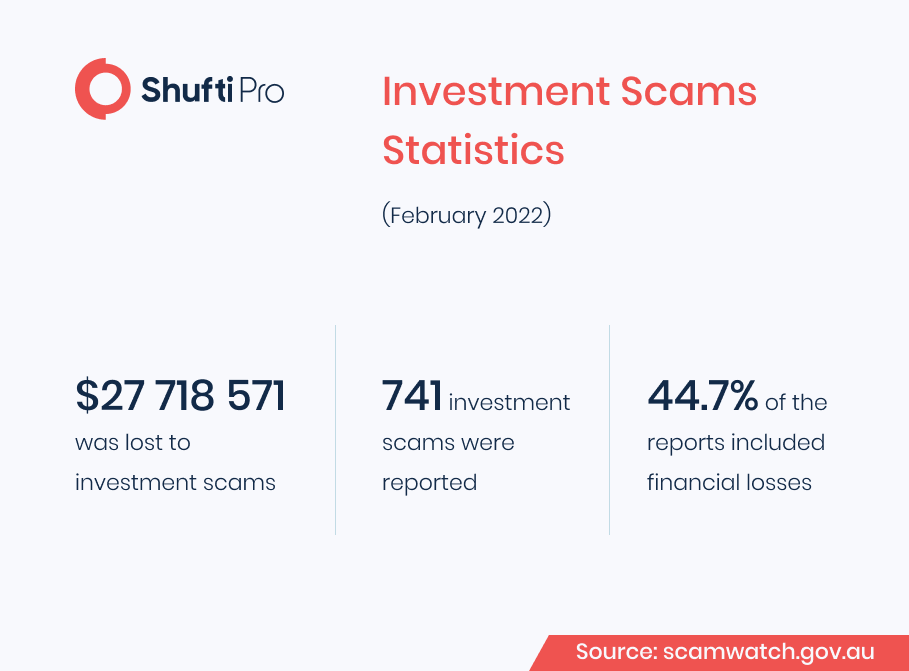Know Your Investor (KYI) – Identifying and Eliminating Russian Sanctions Evaders

For quite some time, wealthy Russian businessmen and oligarchs have been investing their money in various safe havens like Switzerland, Spain, Monaco, the US, Britain, and the UAE. Russian President Putin is known to reward his allies with uncountable amounts of money as long as they agree not to get into domestic politics.
In cases where these billionaires go out of line, the consequences can be severe. The Russian elite use various methods to obscure the origins of their ill-gotten funds, including real estate and superyachts.
Russian Investors as a Risk to Global Financial Institutions
That being said, luxury yachts and mansions are not the only way adopted by Russian oligarchs to launder money. In order to evade the current sanctions against Russia from the West, the wealthy Russians hide behind complex corporate structures, including shell companies, trusts, and limited liability companies to hide the identities of the ultimate beneficial owners (UBOs).
According to studies, Russian oligarchs with close ties to Putin have collectively moved black money worth a total of $250 billion to offshore tax-havens. Moreover, the National Bureau of Economic Research found that almost 60% of Russia’s money is stashed in offshore companies. Most of these shell companies are established in Asian and European countries, enabling wealthy Russians to invest their funds in order to gain legitimate money.
Although the number of offshore tax havens for Russian oligarchs has reduced as a result of the current sanctions, Russian billionaires are still not short of options to stash their ill-gotten funds and evade sanctions. However, there’s more to it than meets the eye, as there are other implications from the West before any sanctions are actually imposed. The requirement of establishing an internationally-accessible financial register before imposing sanctions will also prove harmful for wealthy citizens of the West.
The Effect of Sanctions on Financial Institutions
The new sanctions are significantly affecting banks and other financial institutions by bringing about new implications. While the Russian elite is on the lookout for weaknesses in financial operations, investment firms are striving to ensure that they remain compliant with the latest sanctions such as the OFAC’s recent actions.
Stakeholders of private equity firms in the US are obliged to follow the rules of the new sanctions or face huge penalties in the form of fines and even prison sentences. Considering the seriousness of these sanctions, most institutions are taking action to re-organise and adopt new strategies to stay compliant.
Similarly, private firms are enforcing internal sanctions and restricting services for their Russian clients in order to avoid getting sanctioned by international regulators. Consider it a responsive action after the sanctions, or the risk of a stained reputation – in any case, both private and public investment companies are currently facing challenges to eliminate Russian oligarchs and their dirty money from their system.
For instance, New York State Controller Thomas DiNapoli issued an order to prohibit any new investments from Russian investors. Not only that, but he also ordered the re-assessment of the $279.7 billion New York State Common Retirement Fund’s investments for additional implications. Similarly, the Church of England has planned to sell more than £20 million worth of investments in its stakes in Russia.

It is evident from the numbers that the new regulations are receiving a strong reaction from various financial institutions. These extreme measures are a sign of the extent to which businesses can go to bring down surging financial risks. The Yale School of Management issued a list that shows almost 400 companies that have currently withdrawn from providing services to Russia. According to the institute, this list will be constantly updated as firms continue to back away from conducting operations in Russia. As investment firms expect even more stringent sanctions in the coming months, they are on the lookout for new opportunities to stay compliant in the future.
Identifying Investors Tied to Russian Money
As soon as the world heard about the Russia-Ukraine conflict and the consequent global sanctions, wealthy Russians began looking for extreme ways to hide both their money and their identity. One such example is Russian oligarch Roman Abramovich, who reportedly invested billions of dollars in US hedge funds and private equity firms through a chain of shell companies and a lesser-known Austrian bank. By adopting this channel for laundering his money, Abramovich was also successful in concealing his identity.
Without making efforts, it can become difficult for venture capital and private equity firms to accurately identify the risks posed by investors. As these firms are not legally obliged to implement Know Your Investor checks, they don’t feel the need for it unless sanctions are imposed.
Last month, the Financial Accountability and Corporate Transparency Coalition, an alliance of 100 state, national, and international organisations, issued a letter to the Securities and Exchange Commission, urging the regulator to amend its disclosure requirements for private equity firms and other private fund advisors. These firms will now require those who manage money to conduct due diligence to know who their customers really are.
“U.S. hedge funds, private equity funds, venture capital funds, and other types of private placement funds are being utilized to shield, protect, and grow the wealth of Russian oligarchs and the wealth of other potential U.S. adversaries or corrupt foreign officials,” three directors of the FACT Coalition wrote in the letter to the SEC.
They added later: “That Russian investors want access to U.S. private investment markets—the growth of which have outpaced public markets dramatically in recent years—is not shocking. What is shocking is that nobody—not the funds, nor the advisers, nor any U.S. regulators—collects the information needed to understand who these investors are or the nature of their investments in order to calibrate potential systemic risks posed to U.S. markets.”
Regulatory authorities and investment firms have all repeatedly shed light on the risks of money laundering, terrorism financing, and other fraudulent activities that have serious impacts on the financial sector. Regulatory authorities do make continuous improvements and amendments to compliance regimes, but they seem to have negligible effects on financial crime. As a result, investment firms need to consider strengthening their KYC compliance regimes with robust AI-driven solutions.
What Shufti Offers
Amongst numerous global sanctions and prevailing crime, the investment sector strives to prevent regulatory fines and reputational damages. Hence, financial institutions like investment firms should incorporate identity verification measures to secure their business and onboard legitimate investors. Shufti’s Know Your Investor solution seamlessly detects fraudulent entities and helps firms avoid getting sanctioned.
Shufti’s investor verification service is the ideal solution for the investment industry that is struggling to comply with the new and upcoming sanctions to avoid losses. The AI-powered ID verification solution allows businesses to identify and verify the real identities of investors in less than a second with 98.67% accuracy.
Want to know more about our investor verification solution?

 Explore Now
Explore Now













